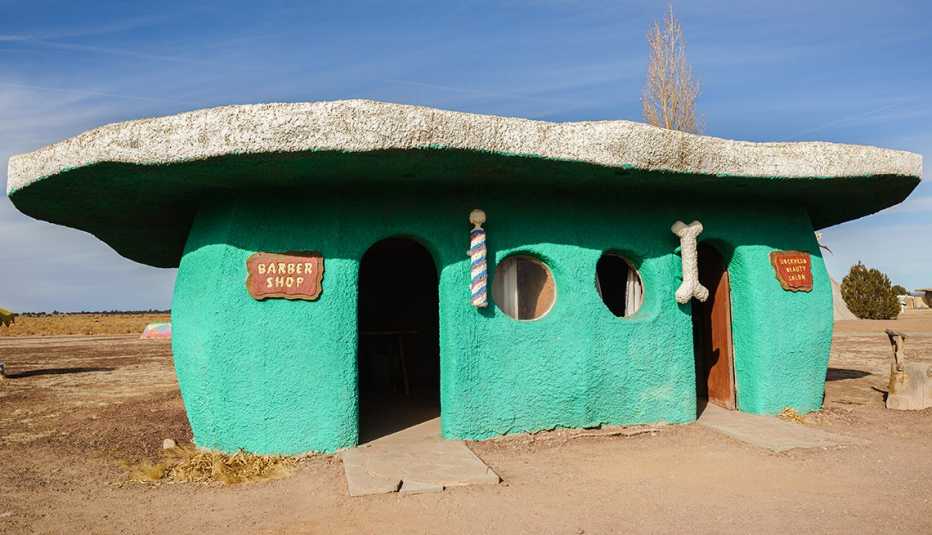AARP Hearing Center
In 2015, Joe and Kait Russo were living the 9-to-5 life in Los Angeles and growing tired of it.
That’s when Kait had an idea to “just sell everything, get rid of the house, grab our dogs, buy an RV and travel around the country for a year,” Joe recalls.
Although this may seem like a far-fetched, off-the-cuff master plan that typically comes after one of those long, hard days at work, the Russos turned this dream into a reality. One year on the road quickly turned into six.
As outlandish as it may seem to some, the Russos’ story is not that unique. According to some estimates, there are as many as 1 million full-time RVers in the United States.
If you’re interested in getting a taste of that lifestyle, you can start the easy way — rent a recreational vehicle. Cruise America, which has more than 100 locations in 33 states, offers everything from trailers to 30-foot RVs — with rental costs ranging from $80 to more than $300 per night (plus an additional 35 to 50 cents per mile traveled). Outdoorsy and RVshare offer peer-to-peer rentals, with many personally owned vehicles available for less than $200 per night. RVshare even has a destination delivery option, so you don’t have to drive the vehicle at all.
As for a place to park, campsites can range from remote dry camping, or boondocking, with no hookups (no electricity, sewer or water) to RV parks that offer basic facilities such as restrooms, showers and picnic areas to RV resorts that have endless amenities including pools, restaurants and game rooms.
Several sites can help you find what’s right for you. The Dyrt and Hipcamp allow users to search for and book outdoor stays based on location, features and available hookups. Harvest Hosts is a platform that lists more than 4,000 wineries, breweries, farms and attractions that allow RVers to stay with no camping fees.
Whether you’re living on the road, interested in owning your first camper or seeking a summer rental, there are rules of etiquette to the RV lifestyle. We asked five expert couples for tips on how to act, what to buy and where to stay. Here’s what they told us.
Meet the experts
Joe and Kait Russo: The Russos spent six and a half years RVing full-time. They now live in Indiana and are on the road about half of their lives.
Julie and Sean Chickery: The Chickerys, both military veterans, started RVing in 2014 after they became empty nesters.





































































